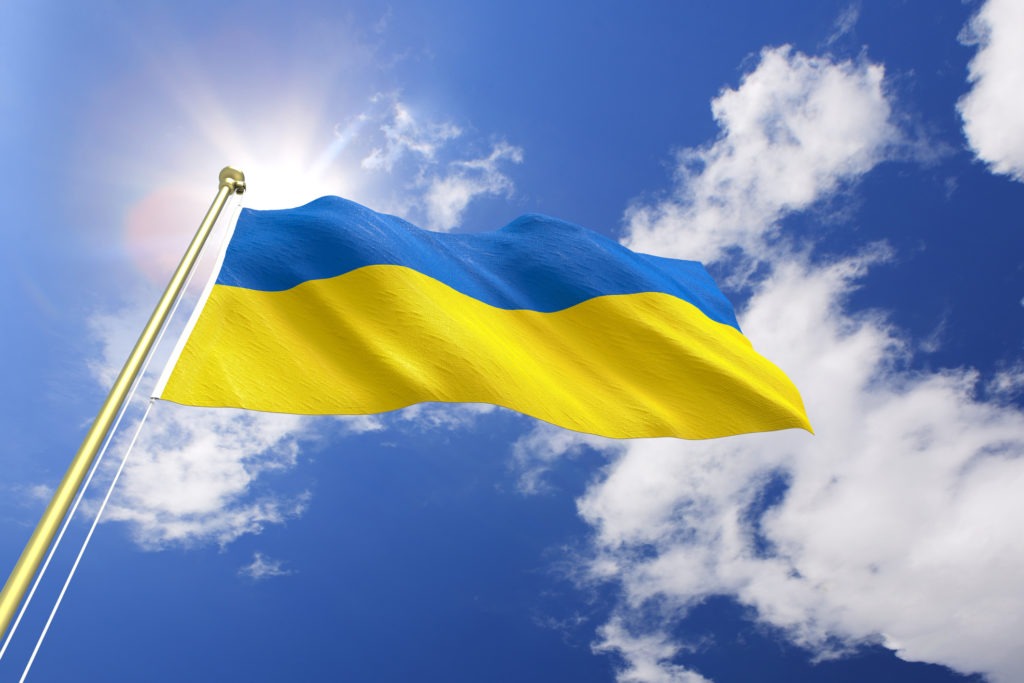Ukraine/Russia poses major risk for automotive supply chains
08 March 2022

The European Association of Automotive Suppliers (CLEPA) has warned that Russia’s violent invasion of Ukraine will pose a huge risk to global automotive supply chains. The organisation said the war signifies a ‘dramatic shift’ after decades of stability, saying it would have an impact on car production, workforce, trade, as well as the cross-border mobility of people and goods.
‘CLEPA is closely following the latest developments and gathering intelligence and information to assist the supplier network,’ said the Brussels-based group. Its members include well-known automotive suppliers such as Continental, Bosch, Aptiv, Schaeffler, Mahle, ZF, Panasonic and Sony.
Dramatic shift
The invasion has caused major disruption for both carmakers and suppliers who, in recent days, were forced to adjust their activities in both Ukraine and Russia.
CLEPA pointed out that several European and international suppliers have manufacturing facilities in Ukraine, which provides wiring and cables to automotive companies, including Volkswagen (VW) Group. In 2021, imports of car parts into the EU from Ukraine amounted to €23.3 million, while exports to the country totalled €855 million.
‘It is safe to say that the war in Ukraine has dramatically shifted the risks facing global supply chains, with all of the geopolitical and economic uncertainties it comes with,’ said Sigrid de Vries, CLEPA’s secretary general. ‘European suppliers were already facing many challenges. The crisis could exacerbate the pressure on the global chip shortage. If the conflict is not resolved in the near future, we can expect the chip shortage to only get worse. Supply of critical raw materials will be impacted.’
Economic sanctions imposed on Russia will also impact trade. While CLEPA said only a limited range of automotive components are on the list of banned exports, the effects on trading between the EU and Russia will likely still be high. Going forward, the legal risks that come with doing business with Russia will weigh heavily on automotive companies, especially regarding the import of aluminium, palladium, and steel, CLEPA cautioned.
Major upheaval for car sector
Russia’s automotive sector makes up 1% of the country’s total workforce, with carmakers such as Hyundai, Kia, Stellantis, Toyota, and Renault having a strong presence there. It is also noteworthy that Russia accounts for 1.8% of global car production. The nation heavily relies on imports of car parts. In 2021, imports of auto parts into the EU from Russia came to €113 million, while exports to the country equalled €3.2 billion, making it the fifth-largest export destination for EU automotive suppliers.
Supply-chain issues have unsurprisingly impacted a range of automotive companies, with German carmakers VW and BMW recently saying they have been affected by bottlenecks. Skoda last week announced its sales strategy in Russia and Ukraine was the subject of ‘intensive discussions.’ Toyota Motor Russia declared it would stop production at its St. Petersburg plant from 4 March, also halting imports of vehicles into the country.
Shortage of raw materials
Ukraine and Russia’s roles in the automotive supply chain have become more than evident since the onset of the war. CLEPA states almost 30% of steel imported to the EU originates from Ukraine, which is also a main supplier of noble gases used in the production of microchips.
Russia, on the other hand, has been a key supplier to the EU when it comes to primary aluminium, semi-finished steel, platinum, rodium, as well as palladium and nickel, a key component found in electric-vehicle (EV) batteries. With transport of raw materials from Russia to the EU seeing disruptions, some suppliers had their deliveries blocked. These companies are now readying themselves for more shortages.



